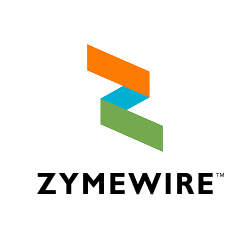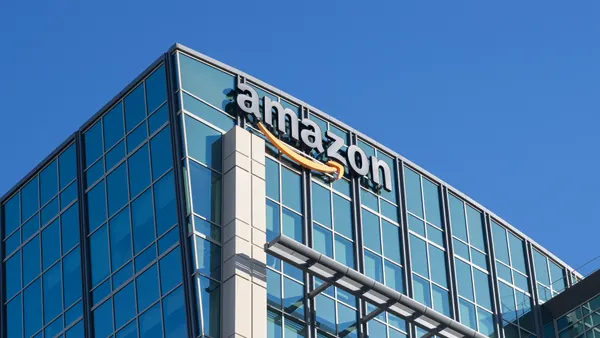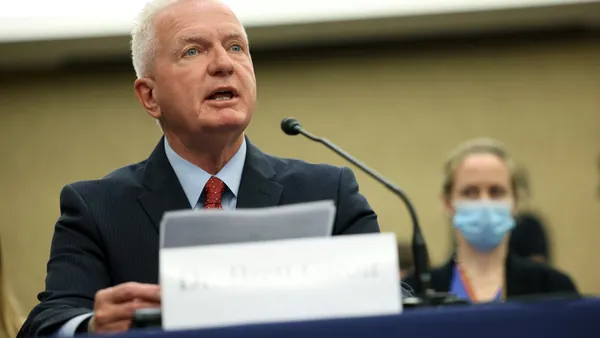Today, a brief rundown of news from Soleno Therapeutics and Madrigal Pharmaceuticals, as well as updates from Amgen, Boehringer Ingelheim and Azalea Therapeutics that you may have missed.
Shares of Soleno Therapeutics fell by nearly 30% Wednesday despite quarterly earnings results that were in line with Wall Street’s expectations. Soleno said Tuesday that sales of its Prader-Willi syndrome drug Vykat XT reached $66 million between July and September and that, after only two quarters of selling the treatment, it’s turning a profit. However, executives on a conference call revealed a slowdown in patient start forms and an uptick in treatment discontinuations in August and September. In a note to clients, Stifel analyst James Condulis noted that the company’s “messaging” is “stoking questions” about the drug’s growth trajectory and safety, the latter of which was the subject of an August report from short-selling activist firm Scorpion Capital. — Ben Fidler
Sales of Madrigal Pharmaceuticals’ Rezdiffra, the first marketed medicine for metabolic dysfunction-associated steatohepatitis, again topped analysts estimates. Third-quarter results disclosed Tuesday showed Rezdiffra pulled in net sales of over $287 million, $40 million higher than consensus projections. The number of patients on treatment also jumped from about 23,000 at the end of the second quarter to 29,500 as of Sept. 30, indicating “accelerating patient/prescriber demand,” wrote Leerink Partners analyst Thomas Smith. The numbers reflect a market for MASH drugs that’s “expanding much more rapidly than we anticipated,” added Cantor Fitzgerald’s Prakhar Agrawal. Madrigal shares have climbed more than 40% this year. — Ben Fidler
Amgen has stopped a trial testing a regimen involving its experimental antibody bemarituzumab in gastric cancer, marking the latest setback for a drug acquired in a $1.9 billion buyout four years ago. Amgen disclosed the study’s cessation in a third-quarter earnings release, but didn’t provide additional details. An earlier Phase 3 trial evaluating bemarituzumab with chemotherapy showed that the drug meaningfully extended survival compared to chemotherapy alone at a primary analysis, but that benefit shrank to a difference that was no longer statistically significant after further follow-up. — Jonathan Gardner
Boehringer Ingelheim is paying $48 million up front and in the near term to Switzerland-based CDR-Life for rights to an experimental tri-specific antibody drug that’s being developed for B-cell driven autoimmune disorders. The drug, called CDR111, is intended to “reset” the immune systems of people with disorders such as lupus, multiple sclerosis or certain types of arthritis by depleting levels of malfunctioning B cells. The deal builds on an existing collaboration between Boehringer and CDR-Life on an eye disease drug, and offers the biotech an additional $522 million, as well as potential sales royalties, should the program progress. — Jonathan Gardner
Azalea Therapeutics, a startup co-founded by Nobel Prize winner Jennifer Doudna, launched Tuesday with $82 million to develop a type of “in vivo” cell therapy technology. The financing included a recently closed $65 million Series A financing led by Third Rock Ventures and involving RA Capital Management, Yosemite and Sozo Ventures, among others. It’ll help Azalea advance preclinical programs targeting B-cell driven autoimmune conditions and malignancies, a multiple myeloma prospect, and a treatment for an undisclosed solid tumor. The startup will present some of its early research at a medical meeting later this month. — Delilah Alvarado














